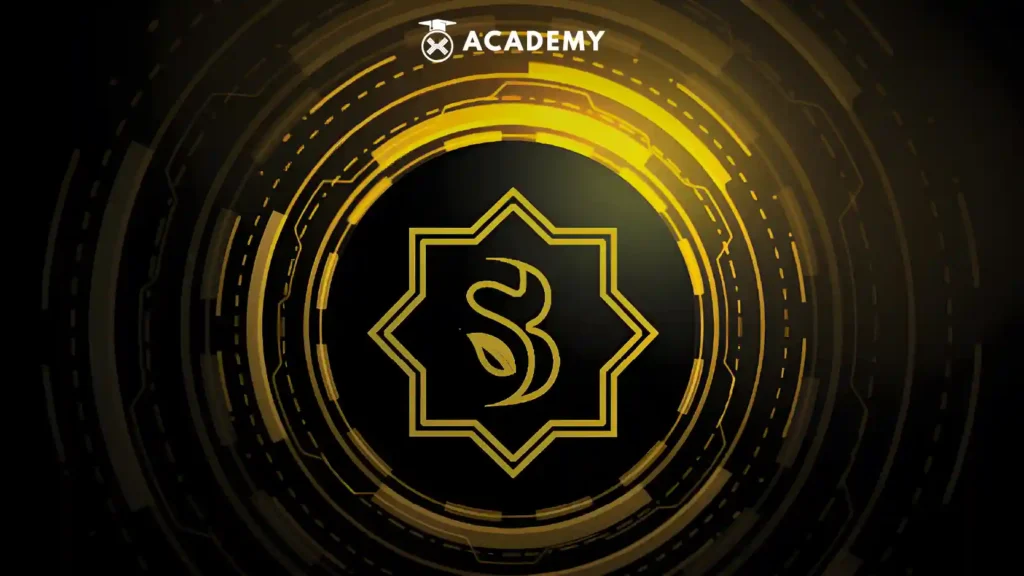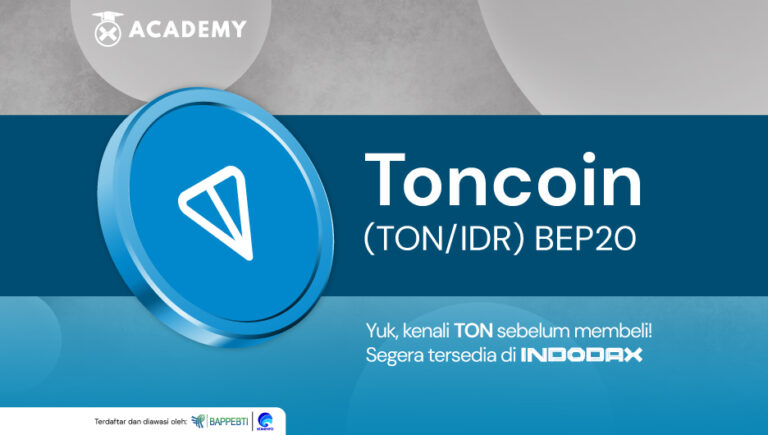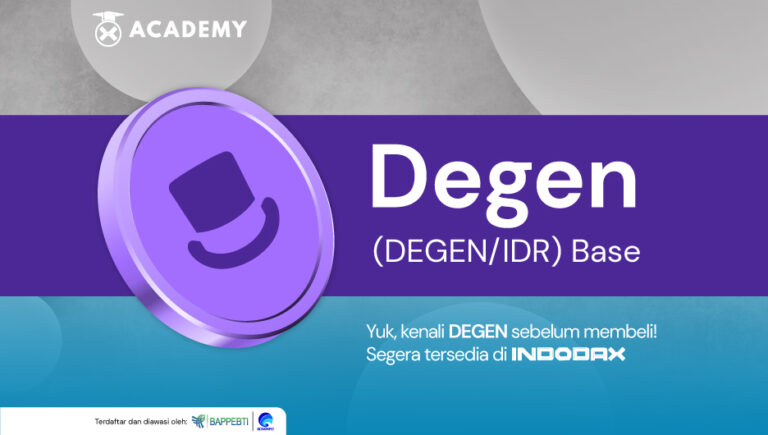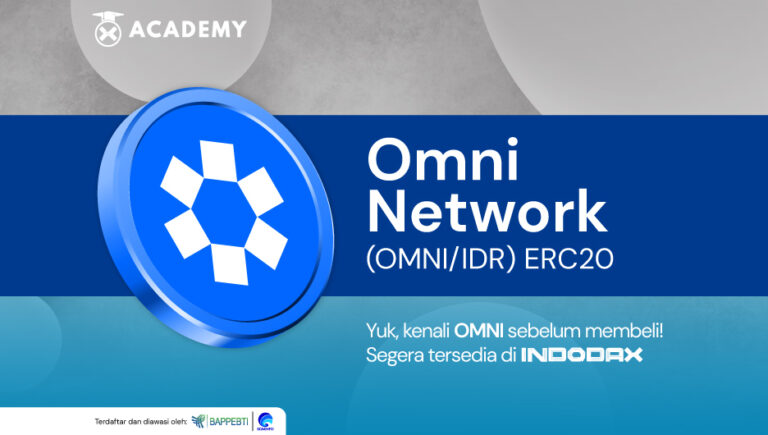The latest innovation is present in the banking world by offering a unique concept as a digital Sharia banking platform based on blockchain technology. By aligning with Sharia financial principles, this innovation is presented by Sidra Bank.
Sidra Bank is a decentralized financial platform (DeFi) that adopts Sharia financial principles. This platform uses blockchain technology to provide banking services that comply with Sharia principles. The aim is to provide a deeper understanding of Sidra Bank and present relevant information regarding digital Islamic banking and DeFi.
So, to understand more about what Sidra Bank is and its uniqueness, its roadmap, whitepaper, Sidra Bank’s mining features, and the challenges it faces in the blockchain world, check out the following review!
What is Sidra Bank, and Why is it Unique?
Quoting sidrabank.com, Sidra Bank is the world’s first decentralized Islamic bank. Sidra Bank’s mission is to provide financial services that comply with the principles of Islamic law and promote a just and inclusive society.
Sidra Bank understands that many Muslims find it difficult to enter the world of digital commerce due to questions about whether the acquisition of digital assets is halal or haram, whether it is permissible to speculate in them, and which currencies are permitted or prohibited.
Sidra Bank aims to refine trading in this area by creating advanced technology-based currency trading platforms and providing alternatives that are legally permissible rather than prohibited or suspicious, such as financial leveraged, margin trading, mortgages, loans and other alternatives.
The Sidra Bank team consists of experienced technology, finance, and Islamic law professionals. The CEO of Sidra Bank is a Qatari entrepreneur and business mentor, having been an established life coach and business mentor for over a decade.
Sidra Bank CTO has experience in Cybersecurity, DevSecOps, Scrum, Jenkins, DevOps, Docker Swarm, Python, Django, PHP, and Web Development.
Sidra Bank developers have experience in various programming languages and technologies, such as Python, Linux, IBM, data analysis, web development, and mobile development.
In addition, Sidra Bank offers various products and services such as Islamic finance, wallet services, remittance services, DeFi solutions, stablecoins, tokenization, marketing and advertising, compliance and regulatory support, and consulting services.
The Sidra Bank platform is designed to be user-friendly and easy to use so that everyone can access and benefit from its services.
Furthermore, Sidra Bank is committed to maintaining the highest standards of integrity and working hard to make our shared dreams come true.
Sidra Bank Roadmap

(1) Launching Sidra Coin (2) Blockchain (3) Platform (4) Loyalty system (5) Learning environment (6) Innovation center (7) Foreign exchange (8) Collective funding (9) Incubation (10) Acceleration (11) Funding (12) Digital Identity KYC (13) Chatbot Customer Service (14) Stock Market (15) Auction House (16) Freelance Jobs (17) Layer 2 Dapps (18) Payment Gateways (19) Peer-to-Peer (20) Lending Platform (21) Insurance Services (22) Hsalh (23) Robo Advisory (24) AI Trading Services (25) Fraud Detection (26) Online Marketplace (27) Multi Asset Allocation (28) RegTech KYC-AML (29) Installments as a service
Quoting the sidrabank.com page, the following is the Sidra Bank roadmap that you need to know:
- Sidra Coin Launch: Initial release of Sidra Coin, the crypto asset that will form the basis of the platform. This will be the first step in creating a decentralized and Sharia-compliant digital asset for the Islamic market.
- Blockchain technology development: Building the underlying technology to support the platform, including creating a secure and transparent blockchain.
- Creating a user-friendly platform: Developing a platform that is easy to use and navigate, focusing on user experience.
- Loyalty system implementation: Creating reward programs encouraging users to interact with the platform and promote network growth.
- Establishment of a learning environment for users: Providing educational resources and training opportunities for users to understand crypto, blockchain, and Islamic finance.
- Establishment of an innovation center for research and development: Creating a dedicated space for research and development to explore new ideas and technologies that can be integrated into the platform.
- Introduction of foreign exchange services: Allows users to buy and sell various currencies, including fiat currencies and digital assets.
- Implementation of collective funding options: Allows users to invest or support projects and businesses on the platform through crowdfunding.
- Incubate new projects and businesses: Provide support and resources to new projects and businesses to help them grow and succeed.
- Providing acceleration services for startups: Offering mentoring, networking, and funding to help startups develop and grow.
- Establishment of funding opportunities for new ventures: Creates opportunities for users to access funding for their projects and businesses.
- Implementation of Digital Identity and Know Your Customer (KYC) procedures: Implement strict KYC and AML procedures to ensure the validity of transactions on the platform.
- 24/7 customer service chatbot development: Provide 24/7 customer support via chatbots to help users with questions or problems.
- Introduction of stock market trading options: Allows users to trade shares on the platform.
- Creation of an auction house for buying and selling assets: Provides a platform for buying and selling assets, such as property, art, and collectibles.
- Freelance job opportunities integration: Users can connect with freelancers and outsource work on the platform.
- Layer 2 Dapps Development: Building decentralized applications (Dapps) on the Sidra blockchain.
- Payment Gateway Implementation: Adds features that allow users to make and receive payments on the platform.
- Introduction of peer-to-peer transaction options: Allows users to carry out transactions directly with each other without the need for a centralized intermediary.
- Lending platform development: Creating a platform where users can borrow or borrow money on the platform.
- Providing insurance services: Offering insurance services to users, such as health, property, and accident insurance.
- Compliance with halal investment principles: Ensure the platform adheres to Islamic finance principles, such as avoiding interest-based transactions.
- Introduction of robo-advisory services: Offers automated investment advice to users.
- Development of AI Trading services: Creating AI trading features that users can access to help them make investment decisions.
- Implementing a fraud detection system: Integrate technology to detect and prevent fraudulent activities on the platform.
- Online marketplace creation: Building a marketplace where users can buy and sell goods and services.
- Development of multi-asset allocation options: Enables users to diversify their investments across various assets, such as shares, property, and commodities.
- Compliance with RegTech KYC-AML regulations: Implement regulatory technology solutions to ensure compliance with KYC and AML regulations.
- Introduction of installment payment option: Added a feature that allows users to make payments in installments instead of one large amount.
This milestone is designed to provide a comprehensive and standards-compliant digital asset platform to meet the needs of the Islamic market. This work plan will be followed closely but is subject to change based on market conditions and project needs.
Sidra Bank Whitepaper
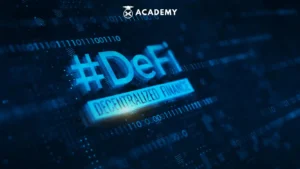
Quoting sidrabank.com, the following is a complete explanation regarding several of Sidra Bank’s main services based on the company whitepaper that you need to know, including:
1. DeFi Wallets
DeFi protocols are built using smart contracts. If you are not a developer,, smart contracts are just pieces of code that can be used to build permissionless DeFi protocols.
Defi wallets (DeFi wallets) are non-custodial, meaning users can store their assets without relying on third parties. Early Defi wallets started on Ethereum and had a user experience and interface that left much room for improvement.
2. Smart Contracts
A smart contract is simply a program stored on the blockchain and runs when predetermined conditions are met. Typically, it is used to automate the execution of an agreement so that all participants can be immediately confident about the outcome without involvement or loss of time from intermediaries.
3. Uniswap
Uniswap is currently the most popular decentralized exchange by quite a wide margin. It is also one of the easiest protocols in Defi that allows users to exchange their tokens in a completely decentralized and permissionless way.
In this step, we are learning the basics of Uniswap. You can understand more about liquidity pools and automated market makers at the DeFi Apprentice level.
4. Lending and Borrowing
Lending and borrowing (loans and re-borrowing) are some of the most important elements of any financial system. DeFi lending allows users to become lenders or borrowers in a completely decentralized and permissionless manner while retaining full control over the coins.
5. Yearn Vaults
Yearn Vaults offers an easy way to participate in yield farming without spending a lot of gas fees. Among all the services mentioned above, the Smart Contract market is expected to explode phenomenally.
The global Smart Contract market is segmented based on type (Ethereum, NXT, Sidechains, and Bitcoin) and application (Real Estate, Automobile, Supply Chain, Healthcare, and Government).
Mining Feature to Earn Sidra Coins
Quoting sidrabank.com, Sidra Bank offers a new way for its community members to generate Sidra Coins through mining. The mining process is free and allows anyone to participate, regardless of their technical expertise.
To start mining Sidra Coins, all you need to do is visit the Sidra Bank website at www.MineSidra.com and register for an account.
Once they have an account, users can start validating the mining process using a mobile device. The mining process at Sidra Bank uses a proof of work algorithm, which ensures that all transactions are safe and transparent.
Users will earn Sidra Coins as validators based on their contribution to the mining process. Users can track earnings and mining process progress on Sidra Bank’s public ledger available at http://ledger.sidrachain.com.
One of Sidra Bank’s key features is its commitment to Islamic finance, and Sidra Bank’s mining processes adhere to these principles.
Sidra Bank’s mining process is designed to be fair, inclusive, and transparent, and they believe that this will help promote a more ethical and responsible financial system.
Sidra Bank hopes to welcome users as part of its mining community; together, they will continue building a better financial future.
Sidra Bank Challenges in the Blockchain World
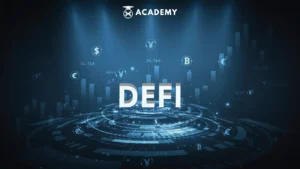
Quoting sidrabank.com/transparency/from-sidra-founder, Sidra Bank is also known to face challenges in the blockchain world. As a decentralized Islamic bank, Sidra Bank faced some challenges and hurdles in its journey. Still, the company is committed to overcoming them and creating a revolutionary platform for financial inclusion.
One of the main challenges faced by Sidra Bank was implementing mobile mining for their Sidra Coin. Many people question the need for mobile mining and don’t see its value.
However, Sidra Bank believes that the main value lies in providing access to the financial system for users and people living in poverty.
Islamic Tokenomics at Sidra Bank also received criticism from some non-Muslims who reported the company’s project as a scam. Despite this, Sidra Bank has many supporters worldwide who believe in its mission.
Another challenge Sidra Bank faces is the lack of technology experts and high salary costs. Sidra Bank’s teams were also misaligned, and the company faced internal problems in aligning its teams and managing deadlines.
Regulation has also proven to be a major issue as Sidra Bank deals with blockchain and crypto technology making it difficult to obtain a license easily.
Sidra Bank also faces challenges with KYC and sanctions lists, as many countries have many blacklisted individuals. User verification costs are also high, and Sidra Bank is a target for hackers who try to create fake users and gain referral system points.
Additionally, the Apple Store does not accept mobile mining apps, causing problems for iOS users of Sidra Bank.
Despite facing these challenges, Sidra Bank has made progress in its journey. Sidra Bank has more than 3,000,000 users globally, with 110,000,000 user coins and 275,000,000 primary faucet coins.
Sidra Bank’s top countries for users include Nigeria, China, India, the United States, Vietnam, Indonesia, Bangladesh, Pakistan, and Benin.
Conclusion
In conclusion, Sidra Bank is the world’s first decentralized Islamic bank. Sidra Bank’s mission is to provide financial services that comply with the principles of Islamic law and promote a just and inclusive society.
Some of the main features of Sidra Bank’s services include DeFi Wallets as a non-custodial wallet for storing assets without relying on third parties, Smart Contracts as programs on the blockchain to execute agreements without the involvement of intermediaries, and Uniswap as a popular decentralized exchange, allowing permissionless token exchanges.
The next features are Lending and Borrowing, a completely decentralized borrowing and re-borrowing process, and Yearn Vaults, which offers an easy way to participate in yield farming with low gas fees.
On the other hand, the challenges and obstacles faced by Sidra Bank include implementing mobile mining for Sidra Coin despite facing skepticism, a shortage of technology experts and high salary costs, challenges in complying with regulations related to blockchain and crypto, and obstacles with KYC, sanctions lists, and hacker attacks.
Invest in Crypto Assets on INDODAX with Staking (EARN) Feature
So, now you understand more about what Sidra Bank is and its uniqueness, its road map, whitepaper, Sidra Bank’s mining features, and the challenges it faces in the blockchain world.
Next, if you are interested in investing in crypto assets, choosing a safe and trusted crypto exchange on INDODAX is a good idea.
On INDODAX, currently, there is a feature called crypto staking or crypto earn. It is important to remember that the crypto staking feature allows you to secure your crypto assets in a way that is similar to storing funds in a savings account. The crypto assets you lock through the INDODAX Earn feature will provide rewards similar to the interest earned from conventional savings.
It is also important to understand that the INDODAX Earn crypto staking feature can be accessed easily, anytime and anywhere, via the Mobile and desktop applications on the INDODAX website, namely on the INDODAX Earn crypto staking page.
Let’s start investing in crypto assets with the crypto staking feature on INDODAX!




